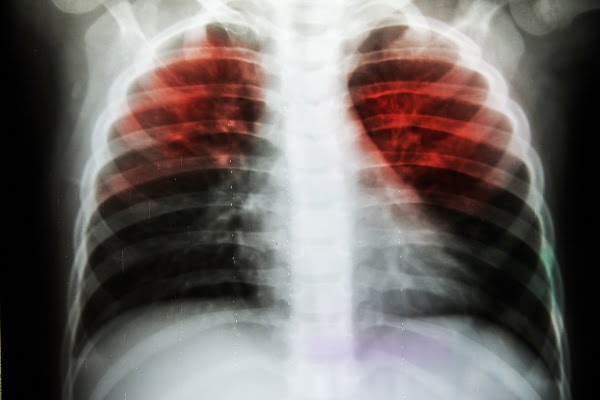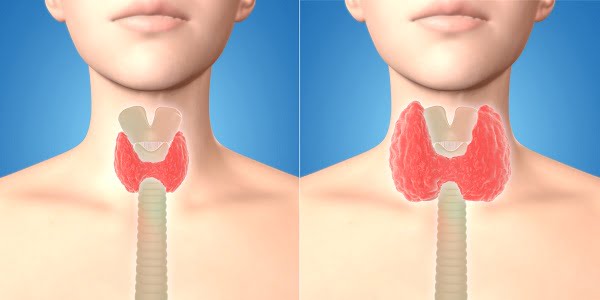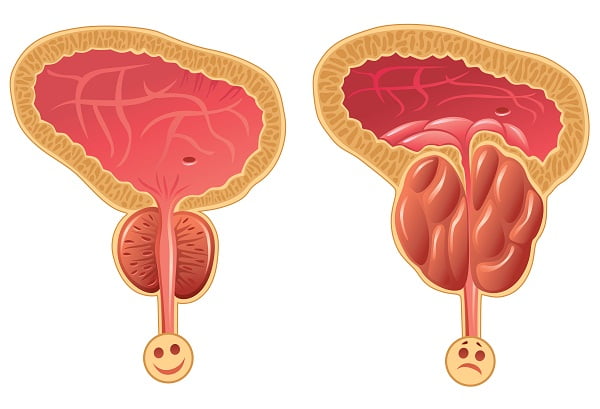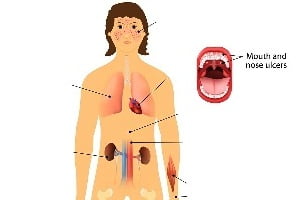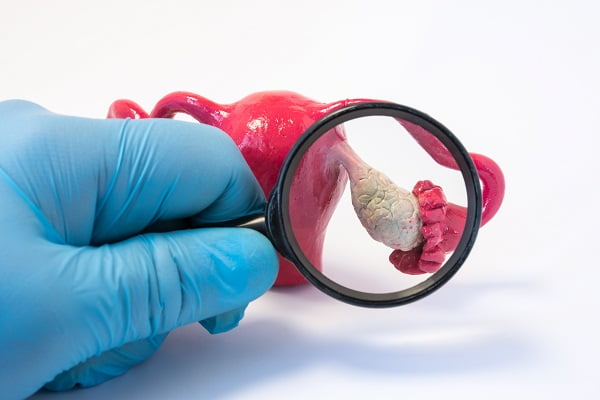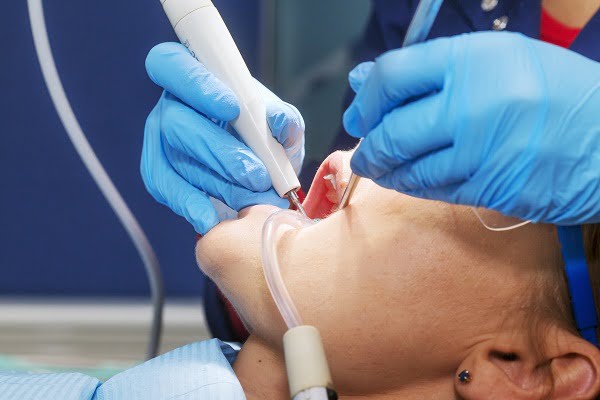
AUTHOR
Bhavna Singh
Articles by Bhavna Singh
Tuberculosis is an infectious disease caused by Mycobacterium tuberculosis. The infection is generally hidden i.e. it does not cause any...
Fibromyalgia is a condition in which a patient suffers with musculoskeletal pain accompanied by fatigue, sleep, memory and mood issues....
If you have dental cavities, you may have a toothache or a dull pain in your mouth. Your teeth become...
Availability of a wide range of blood tests to confirm and rule out the possibility of hyperthyroidism has made diagnosis...
Prostatitis is generally diagnosed by analyzing a urine sample examining your prostate gland. This examination involves a digital rectal examination...
Periodontal disease is a pathological condition that leads to teeth loss and bleeding gums in many people worldwide. It is...
Inflammation is a common problem in lupus. It can affect several areas of your body such as your kidney, brain,...
There are no fixed tests for the diagnosis of PCOS. Your doctor may ask questions about medical history and family...
One way to treat gum disease is to keep good oral hygiene. But sometimes, you may need dental and medical...
In order to diagnose whether you have gum disease and how severe it is, your dentist may examine your mouth...
More articles are loading




